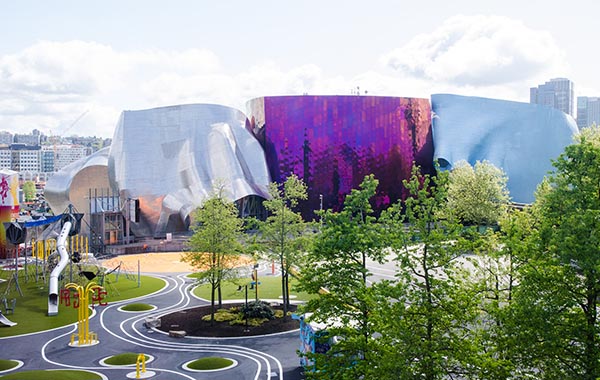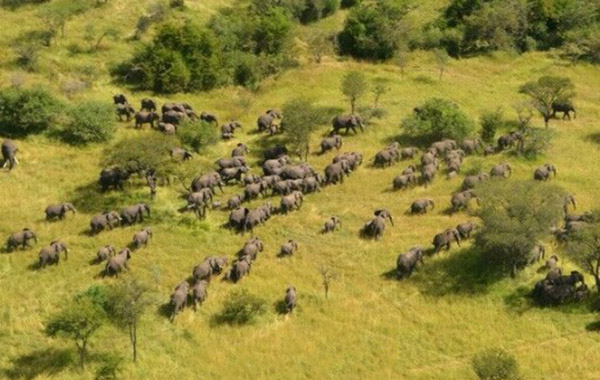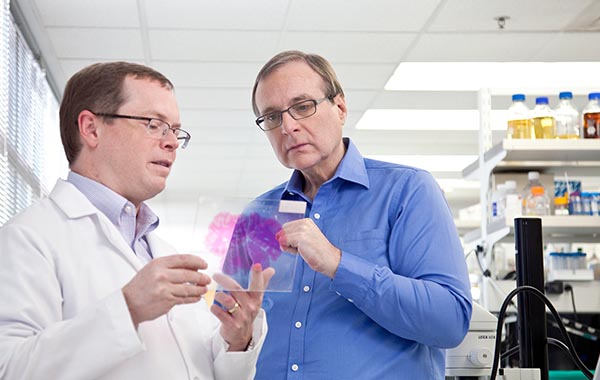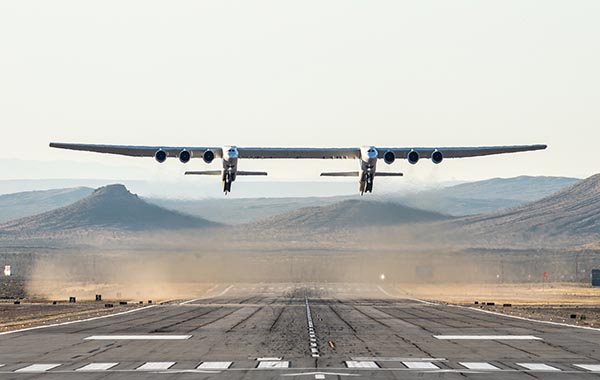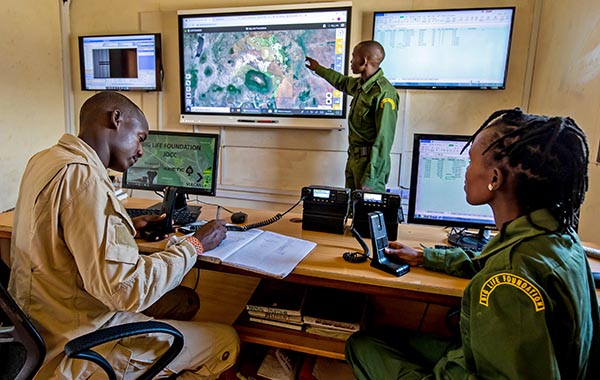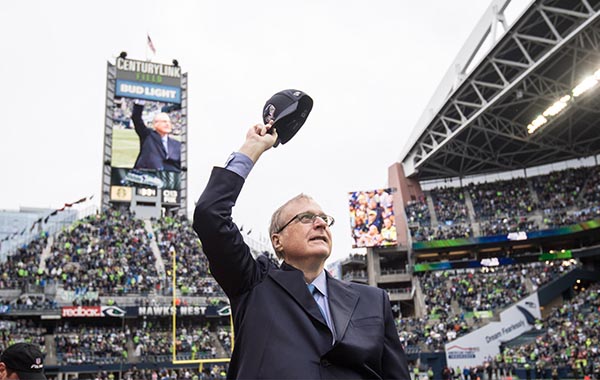UW and WSU Gifts
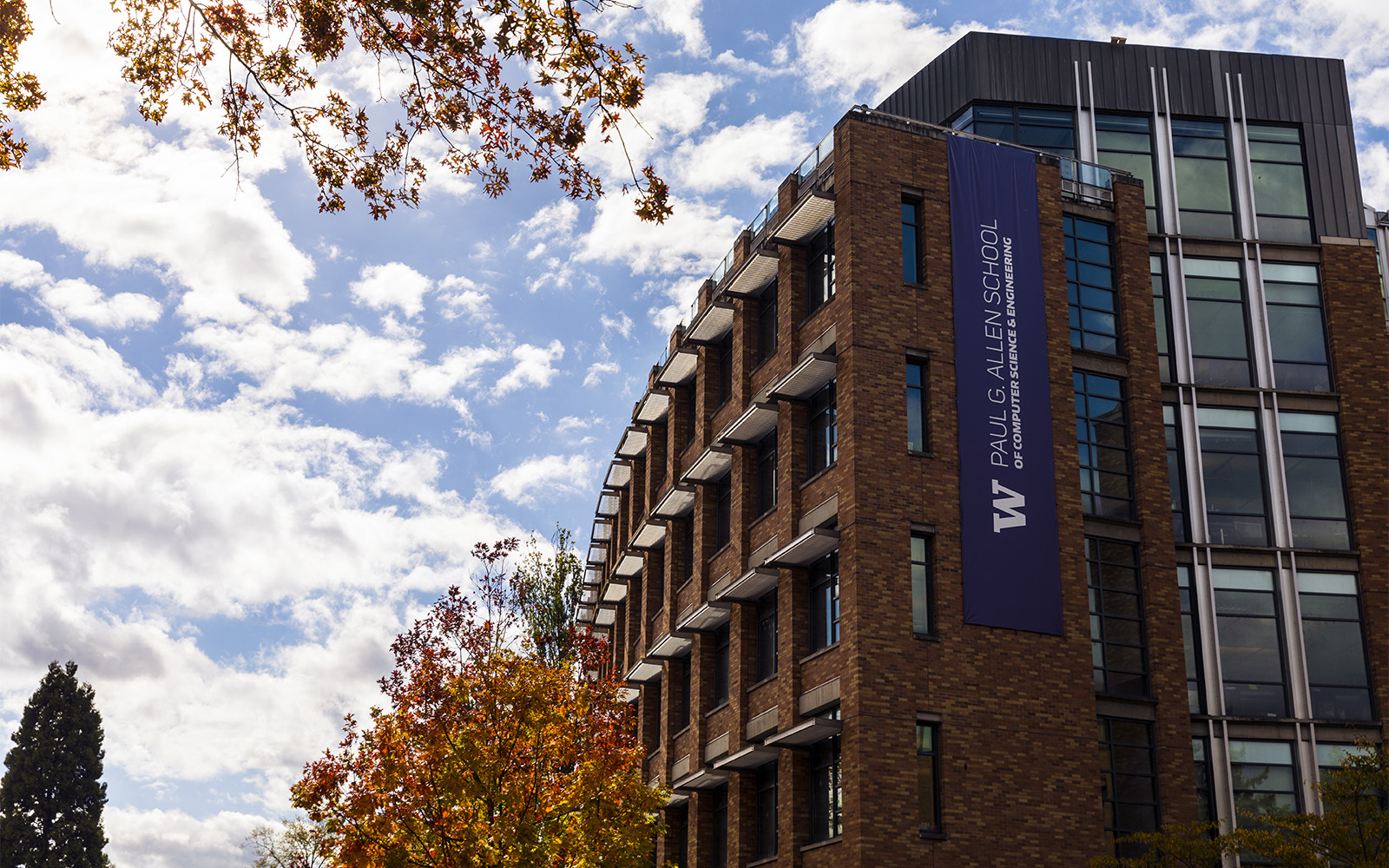
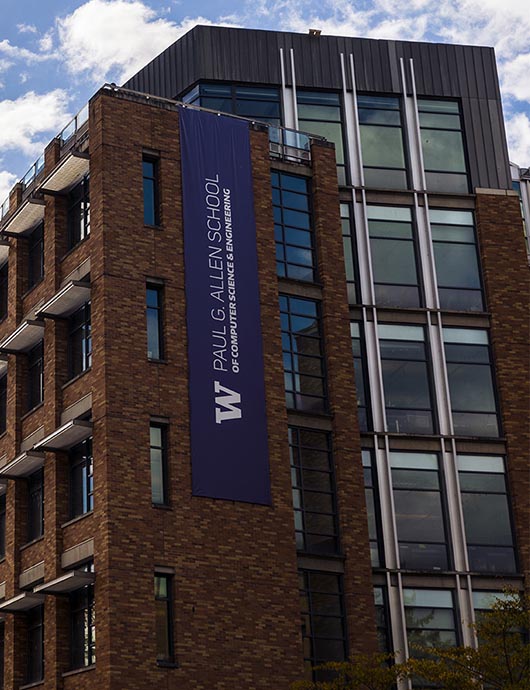
Across Washington’s two premier higher education institutions, the University of Washington and Washington State University, Paul’s impact is unmistakable. He viewed them both as providing essential environments that push people to stretch the boundaries of what’s possible by advancing science and technology to change the world for the better.
Although he never officially attended UW, it was a place that felt like home to him because it’s where his father Ken worked as the associate director of libraries for more than 20 years. In fact, Paul, his mom, and younger sister Jody, would often spend hours in the family car devouring piles of books while waiting for his dad to finish with work. Paul’s young mind was inspired by what he read about space, science, and technology. He also regularly attended football games with his dad at Husky Stadium on Saturday afternoons. And it was the school’s computer lab where he and fellow high schooler, Bill Gates, notoriously honed their skills until wearing out their welcome and being asked to leave by the then director of lab. But the two were undaunted and, shortly thereafter, went on to start their first company (years before Microsoft), named Traf-o-Data, with a UW electrical engineering student.
These deep connections led Paul to donate $14 million in 2002, which helped build the Paul G. Allen Center for Computer Science & Engineering, in turn tripling the department’s lab space. And then, in 2017, he donated $40 million more, helping UW to become one of the nation’s leading institutions for computer science and engineering. His gifts have helped students contribute to solving what he saw as some of the world’s biggest challenges by improving climate modeling, creating intelligent vehicles that make roads safer while limiting CO2 emissions, building models to improve human immune systems, and advancing robotics to help aging populations and workplaces.
Paul meeting students at the Paul G. Allen Center for Computer Science and Engineering in 2017.
Paul and his mom Faye at the opening of the Faye G. Allen Center for Visual Arts in 1990. Image courtesy of Richard S. Heyza/Seattle Times.
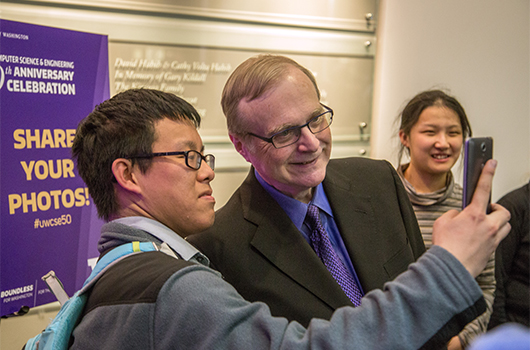
Paul meeting students at the Paul G. Allen Center for Computer Science and Engineering in 2017.
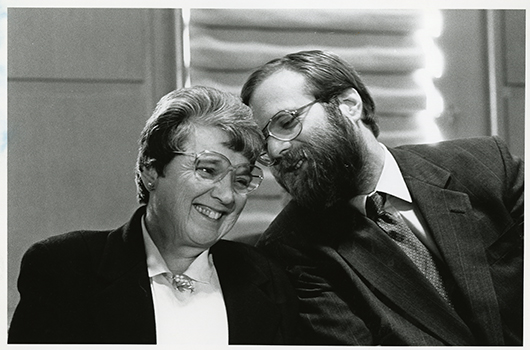
Paul and his mom Faye at the opening of the Faye G. Allen Center for Visual Arts in 1990. Image courtesy of Richard S. Heyza/Seattle Times.
At UW, he also established an endowment to honor his and Jody’s parents — the Kenneth and Faye Allen Library endowment. Paul’s gift allowed UW “…to be out in front in the transition from being a primarily analog library to being a leader in digital libraries,” said Betsy Wilson, Dean of University Libraries.
At his alma mater WSU, Paul donated $26 million in 2010 (the most generous gift the school had ever received at the time) to help create the Paul G. Allen School for Global Health. The school is unique compared to other global health programs because it focuses on how animal health impacts human health by exploring the ways diseases such as Ebola and rabies are transmitted from animals to people. It also focuses on other, less obvious, health-related connections including how declines in animal weight and milk production affect human lives in low-resource populations.
A student scientist at WSU's Paul G. Allen School for Global Health.
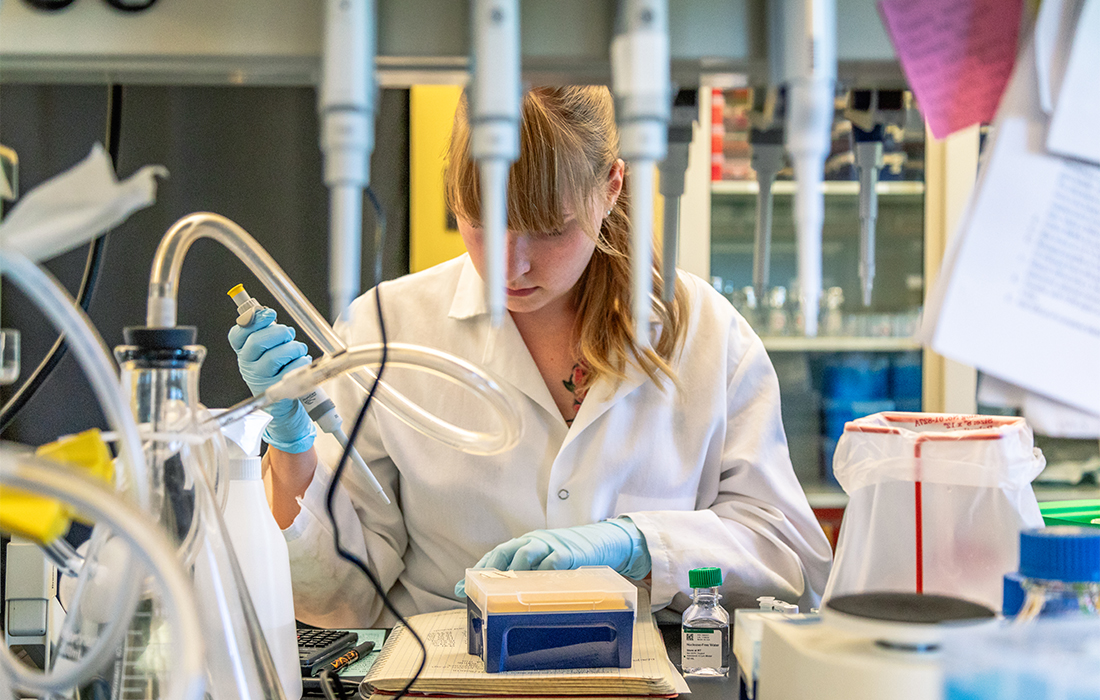
A student scientist at WSU's Paul G. Allen School for Global Health.
Dr. Guy Palmer, regents’ professor of pathology and infectious diseases at WSU and the founding director of the Paul G. Allen School for Global Health summed up Paul’s generosity and optimism well: “Paul’s creative ability and scientific curiosity were well known. During my conversations with Paul, what was most striking was his compassion for people, especially those in vulnerable communities in Africa, and his desire to link science with the mission of improving lives. He was a keen listener and used his curiosity to drive change that will impact lives far into the future.”
